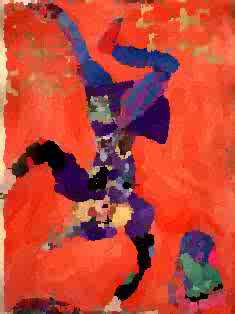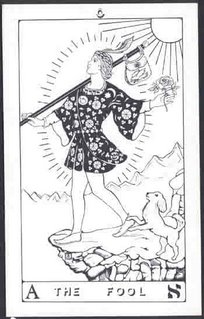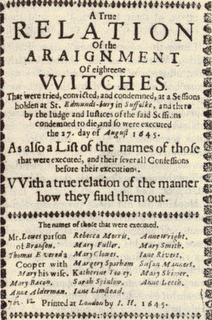 The image that accompanies this post is from a 1559 painting by Pieter Bruegel the Elder. It is titled "The Fight Between Carnival and Lent." This artwork depicts the often uneasy relationship in Catholic festivals between these two related celebrations. It may be surprising to some, but this conflict continues and has great significance for Protestants and Christians outside the Roman Catholic tradition as we engage Western culture.
The image that accompanies this post is from a 1559 painting by Pieter Bruegel the Elder. It is titled "The Fight Between Carnival and Lent." This artwork depicts the often uneasy relationship in Catholic festivals between these two related celebrations. It may be surprising to some, but this conflict continues and has great significance for Protestants and Christians outside the Roman Catholic tradition as we engage Western culture.The significance of festivals and festivity in Western culture first came to my attention as I conducted research for my seminar series on Halloween and the Mexican Dia de los Muertos celebrations for the Imaginarium at Cornerstone Festival in July of 2006. As I conducted this research I was struck by the long connection historically between cultures and festivals, and Christianity's participation in such events, particularly within Roman Catholicism. Carnival is a Catholic celebration with the Carnival season being a holiday period that is celebrated during the two weeks before the traditional Christian fasting of Lent. Lent is a time of preparation for Holy Week, and its forty days of observance are symbolic of forty day periods of religious significance found in the Judeo-Christian narrative, most especially Jesus’ retreat into the wilderness for a time of fasting and temptation. The excesses and social inversion of Carnival eventually gave way to a time of spiritual preparation in Lent.
I was also struck during my intial research on Burning Man at points of connection between festivals, festivity, and the Burning Man community's celebration (research that is ongoing for my masters thesis). Festival is the primary context of expression for the Burning Man community, and this presents serious challenges to Protestantism which has, by and large, lost a connection to festivals through the Reformation. While Roman Catholic and secular scholars have devoted serious attention to festivity, this is not the case with Protestants. Festivity is not taken seriously either as a cultural phenomenon or as a topic for scholarly exploration by most Protestants, and yet Catholic scholars have argued “that festivals belong by rights among the greatest topics of philosophical discussion.”
One of the Protestants who has addressed festivals is Harvey Cox who argued that human beings are “essentially festive and ritual creatures.” As homo festivus and homo fantasia, human beings express festivity and fantasy in festival as a form of “theatre of the body.” Cox argues that with the march of secularization and the continued rejection of festivity “Christianity has often adjusted too quickly to the categories of modernity,” and with this important facets of what it means to be human are neglected. As a result, Cox believes that there is a real need for Christianity in the West to develop a theology of festivity.
In light of this cultural void in regards to festivity there is much to be learned theologically from festivals as Max Harris suggests:
"The popular elements in patronal saints’ day festivals, like Carnival, have often been demonized as pagan or heretical...Could it be that popular religious festivals offer a source of theological wisdom, otherwise unarticulated and therefore unnoticed by formal theology, that is worthy of a place alongside sacred text, reason, and ecclesiastical tradition? Such a perspective would partly balance the standard sources of theology, which privilege clerical exegesis, educated reason, and authoritative legitimation of tradition."
I share Harris’ assessment about festivals in general, and the same could be said of Burning Man in particular. In light of the intriguing idea that Harris puts forward, and given the nature of Burning Man as a festive alternative community, evangelicals must consider festivity as a major theological and missiological topic for future exploration. Perhaps the festive cultural void, and our failure to balance the Dionysian and Apollonian aspects of Christian spirituality, are quickly filled by secular and alternative community subcultures, such as Burning Man. If this is the case then our lack of a sound theology and praxis of festivity represents yet another "unpaid bill" of the church. We neglect these considerations not only to the detriment of others in Western culture, but for the church as well. If the Kingdom might be understood in some sense as divine celebration and play, we are neglecting important aspects of fulfilling our obligations in dancing with the King.







